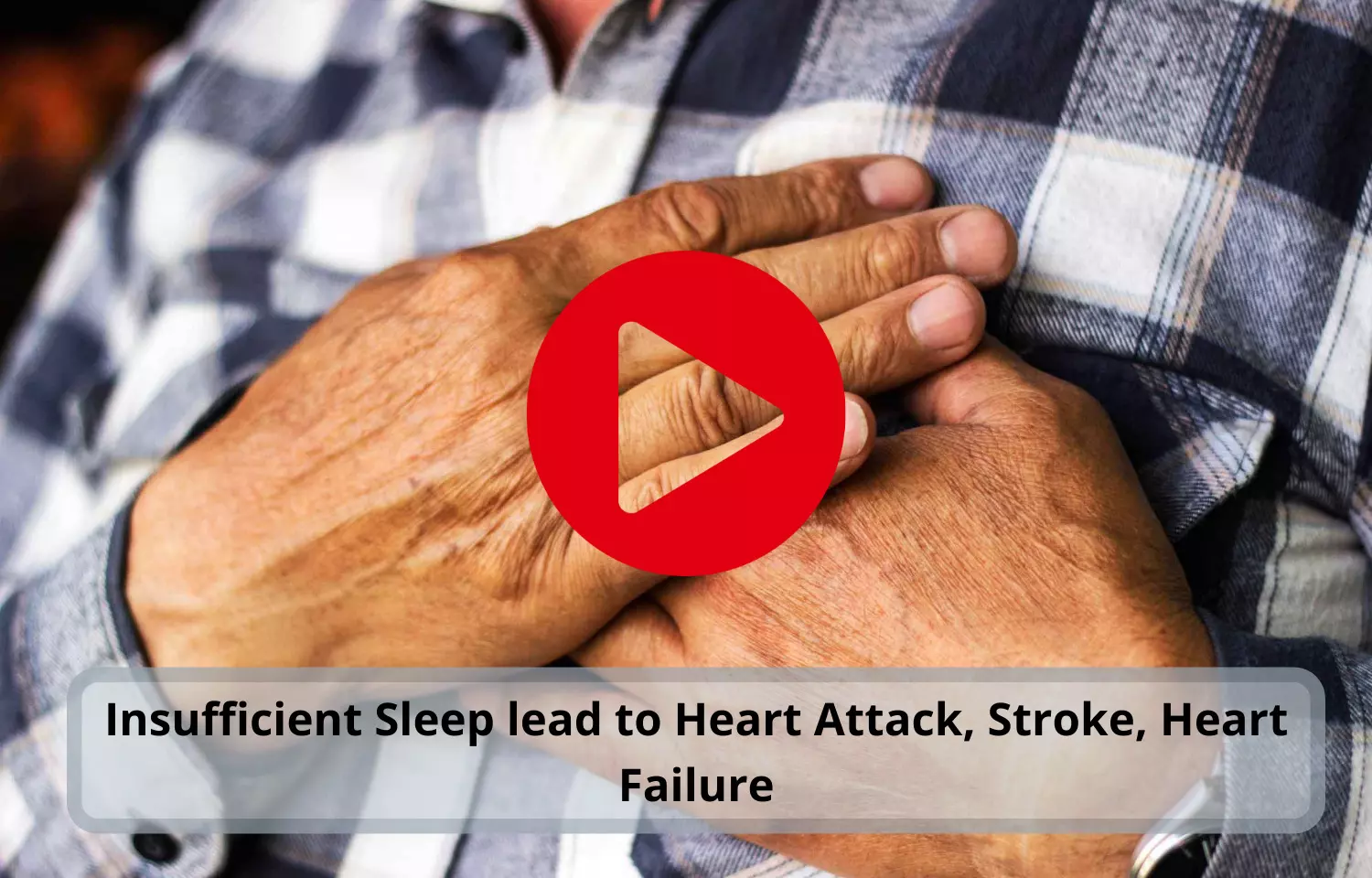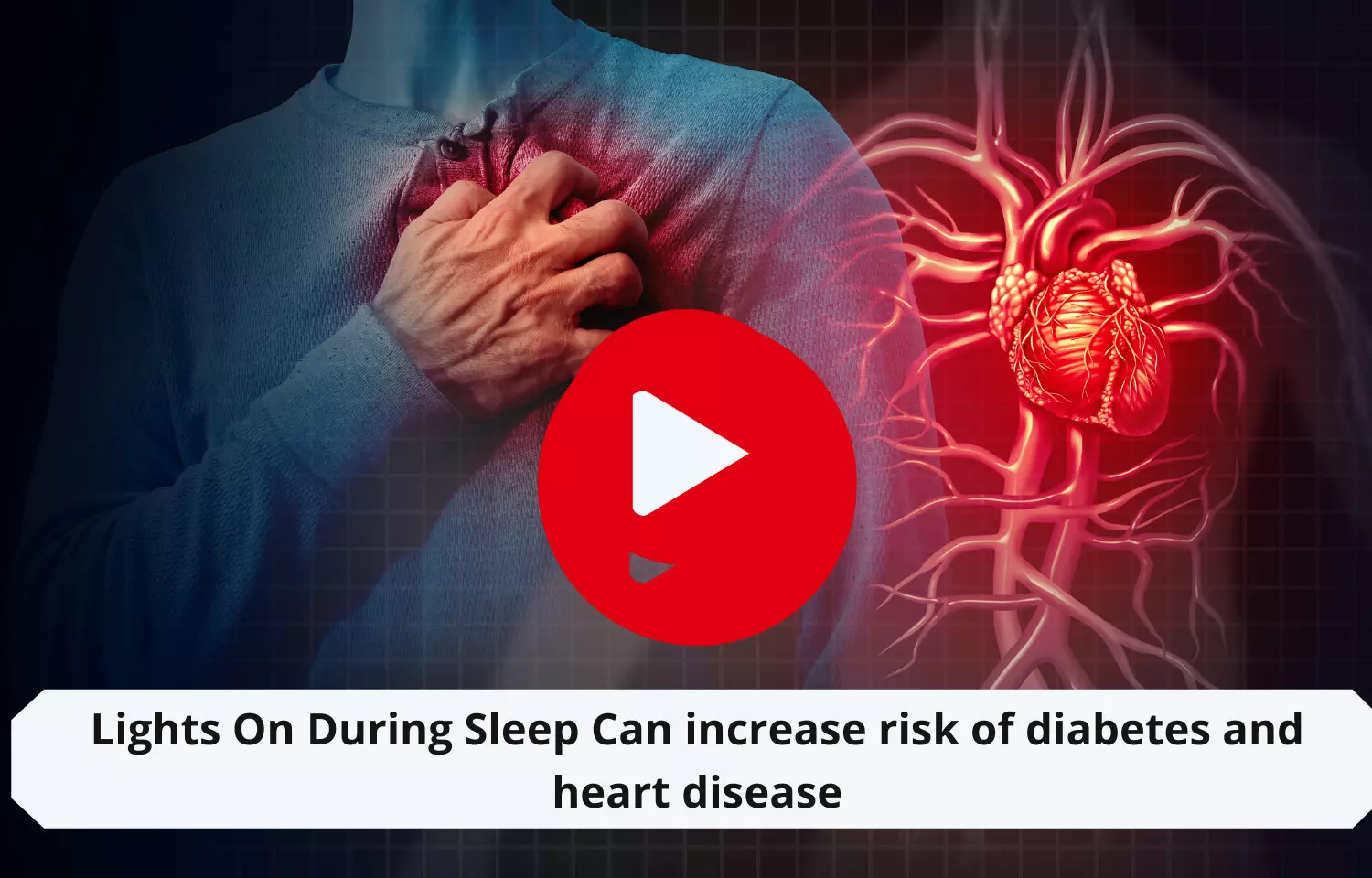- Home
- Medical news & Guidelines
- Anesthesiology
- Cardiology and CTVS
- Critical Care
- Dentistry
- Dermatology
- Diabetes and Endocrinology
- ENT
- Gastroenterology
- Medicine
- Nephrology
- Neurology
- Obstretics-Gynaecology
- Oncology
- Ophthalmology
- Orthopaedics
- Pediatrics-Neonatology
- Psychiatry
- Pulmonology
- Radiology
- Surgery
- Urology
- Laboratory Medicine
- Diet
- Nursing
- Paramedical
- Physiotherapy
- Health news
- Fact Check
- Bone Health Fact Check
- Brain Health Fact Check
- Cancer Related Fact Check
- Child Care Fact Check
- Dental and oral health fact check
- Diabetes and metabolic health fact check
- Diet and Nutrition Fact Check
- Eye and ENT Care Fact Check
- Fitness fact check
- Gut health fact check
- Heart health fact check
- Kidney health fact check
- Medical education fact check
- Men's health fact check
- Respiratory fact check
- Skin and hair care fact check
- Vaccine and Immunization fact check
- Women's health fact check
- AYUSH
- State News
- Andaman and Nicobar Islands
- Andhra Pradesh
- Arunachal Pradesh
- Assam
- Bihar
- Chandigarh
- Chattisgarh
- Dadra and Nagar Haveli
- Daman and Diu
- Delhi
- Goa
- Gujarat
- Haryana
- Himachal Pradesh
- Jammu & Kashmir
- Jharkhand
- Karnataka
- Kerala
- Ladakh
- Lakshadweep
- Madhya Pradesh
- Maharashtra
- Manipur
- Meghalaya
- Mizoram
- Nagaland
- Odisha
- Puducherry
- Punjab
- Rajasthan
- Sikkim
- Tamil Nadu
- Telangana
- Tripura
- Uttar Pradesh
- Uttrakhand
- West Bengal
- Medical Education
- Industry
Lack of sleep predisposes to abdominal visceral obesity, finds study

Sleep restriction combined with ad libitum food leads to weight gain and particularly central accumulation of fat, a study has found. The study was published in the Journal of the American College of Cardiology.
The purpose of this study was to investigate the effects of experimentally-induced sleep curtailment in the setting of free access to food on energy intake, energy expenditure, and regional body composition.
A randomized, controlled study was conducted Twelve healthy, nonobese individuals (9 males, age range 19 to 39 years) completed a randomized, controlled, crossover, 21-day inpatient study comprising 4 days of acclimation, 14 days of experimental sleep restriction (4-hour sleep opportunity) or control sleep (9-hour sleep opportunity), and a 3-day recovery segment. Repeated measures of energy intake, energy expenditure, body weight, body composition, fat distribution, and circulating biomarkers were acquired.
With sleep restriction vs control, participants consumed more calories (P = 0.015), increasing protein (P = 0.050) and fat intake (P = 0.046). Energy expenditure was unchanged (all P > 0.16). Participants gained significantly more weight when exposed to experimental sleep restriction than during control sleep (P = 0.008). While changes in total body fat did not differ between conditions (P = 0.710), total abdominal fat increased only during sleep restriction (P = 0.011), with significant increases evident in both subcutaneous and visceral abdominal fat depots (P = 0.047 and P = 0.042, respectively).
Senior author Virend K. Somers, MD, Ph.D., stated in an interview "What we found was that at the end of 2 weeks these people put on just about a pound, 0.5 kg, of extra weight, which was significant but still very modest."
After the recovery time VAT in sleep curtailed patients shooted high, yet subcutaneous fat and body weight dropped. "They slept a lot, they ate fewer calories and their weight came down, but, very importantly, their belly fat went up even further," Dr. Somers said. "There's some biochemical message in the body that's continuing to send fat to the visceral compartment," he added. "What we don't know is whether repetitive episodes of inadequate sleep actually accumulate over the years to give people a preponderance of belly fat." He continued, "Remember, these are not sick people. These are young healthy people who are doing the wrong thing with their body fat; they're sending the fat to the completely wrong place."
"The biggest misconception of many clinicians, and some cardiologists, is that obesity is not a disease, even when some clinicians believe obesity is a disease, they believe its pathogenic potential is limited to visceral fat.", clarified Endocrinologist Harold Bays, MD. He is the medical director and president of the Louisville Metabolic and Atherosclerosis Research Center (University of Louisville).
 Also Read:Insufficient Sleep lead to Heart Attack, Stroke, Heart Failure
Also Read:Insufficient Sleep lead to Heart Attack, Stroke, Heart Failure
For further reference log on to:
https://www.sciencedirect.com/science/article/abs/pii/S0735109722003102?via=ihub
MBBS
She is passionate about writing and loves to read, analyses and write informative medical content for readers. She can be contacted at editorial@medicaldialogues.in. Contact no. 011-43720751
Dr Kamal Kant Kohli-MBBS, DTCD- a chest specialist with more than 30 years of practice and a flair for writing clinical articles, Dr Kamal Kant Kohli joined Medical Dialogues as a Chief Editor of Medical News. Besides writing articles, as an editor, he proofreads and verifies all the medical content published on Medical Dialogues including those coming from journals, studies,medical conferences,guidelines etc. Email: drkohli@medicaldialogues.in. Contact no. 011-43720751



